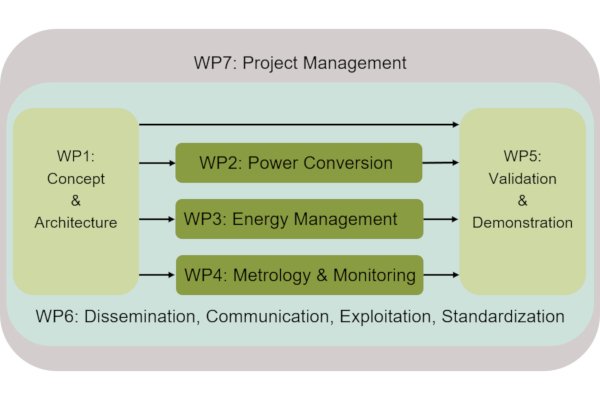Highly Efficient and Trustworthy Electronics, Components and Systems for the Next Generation Energy Supply Infrastructure
PROGRESSUS supports the European climate targets for 2030 by proposing a next generation smart grid, demonstrated by the application example “smart charging infrastructure” that integrates seamlessly into the already existing concepts of smart-grid architectures keeping additional investments minimal.
Work Packages
PROGRESSUS is organised in 7 Work Packages (WPs), as depicted in Figure 18. Five of these workpackages, WP1 to WP5, which follow the sequence of a classical development process are embedded into the dissemination, communication, exploitation and standardization work package (WP6) and overall into the project management work package (WP7).
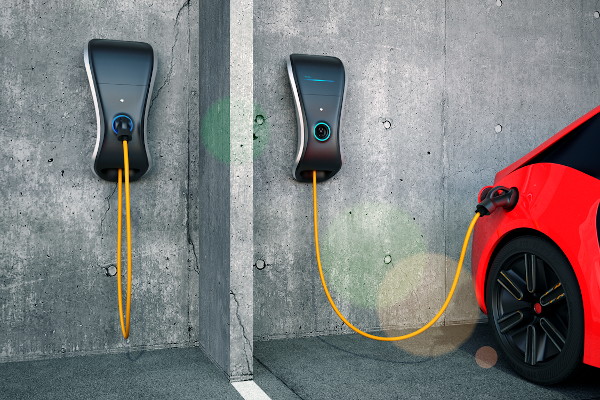
Power Conversion
Whereas power management are the “brains” for smart grids, power conversion technology provides the “muscles” for them enabling true smart power management and acting as the linking pin between electricity transport grids, local grids, all electric powered applications, (renewable) energy sources and short/long term storage facilities.
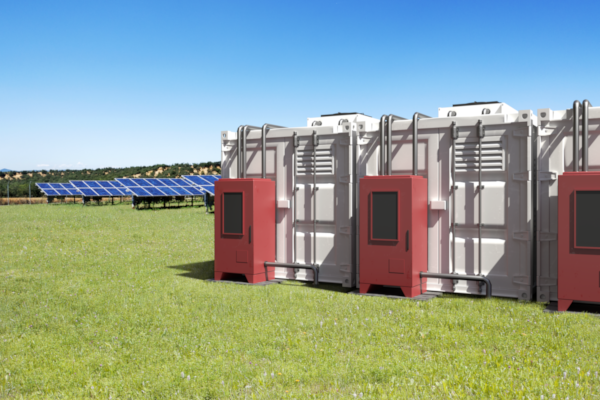
Energy Management
PROGRESSUS aims to deliver highly efficient energy management systems applied to microgrid cases (e.g. charging infrastructures and real estates), targeting to significantly reduce greenhouse gas emissions and peak power consumption from the grid.
Metrology & Monitoring
The basis for the grid smartness, the flexibility management and services such as payment and pricing are sensors, metrology and monitoring solutions to retrieve,
PROGRESSUS Use Cases
Validation on test-beds has been recognized as the best practice in the field of smart grids for not only validating technologies and concepts, but also as a means of demonstration in real-life operating scenarios. Therefore key test-bed modules will be integrated as an outcome of the proof-of-concept phase in order to demonstrate the ability of the smart grid infrastructure to significantly reduce the peak demands and CO2 emissions.components.
In PROGRESSUS, four use cases will be implemented and demonstrated: UC 1): Flexibility management, smart charging and grid utilization optimization with improved resiliency, UC 2) EV high-power charging infrastructure, UC 3) promotion of cooperation among buildings in self-organised microgrids, and, UC 4) intelligent DC microgrids embedding innovative modular components.
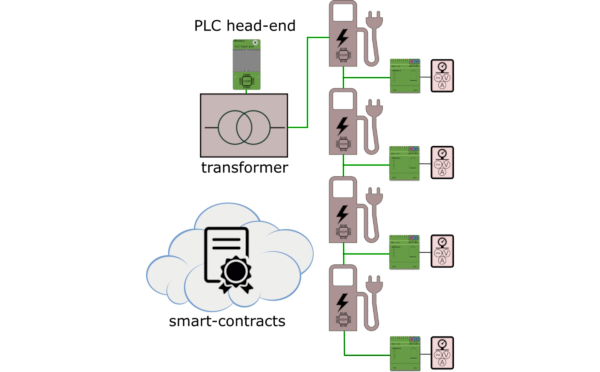
Use Case 1 - Flexibility management, smart charging and grid utilization optimization with improved resiliency
Flexibility management has become an umbrella-term for a collection of different technologies. A particularly energy-intensive, interesting scenario is the smart and fast charging infrastructure for local storage and Battery Electrical Vehicles (BEV).
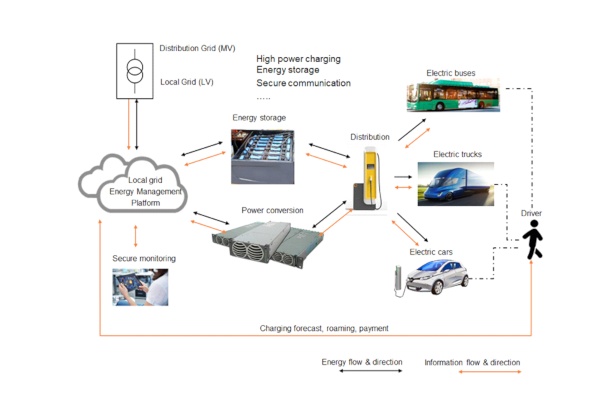
Use Case 2 - EV high-power charging infrastructure
Use case 2 refers to the integration of various sub-systems developed by the PROGRESSUS partners, into a real life use case operational in the field.
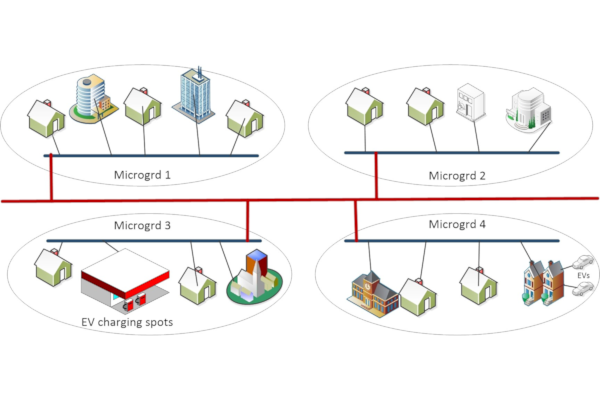
Use Case 3 - Promotion of cooperation among buildings in self-organised microgrids
This use case aims at showcasing the effectiveness of a cooperative energy management scheme when applied to multiple self-organised microgrids.
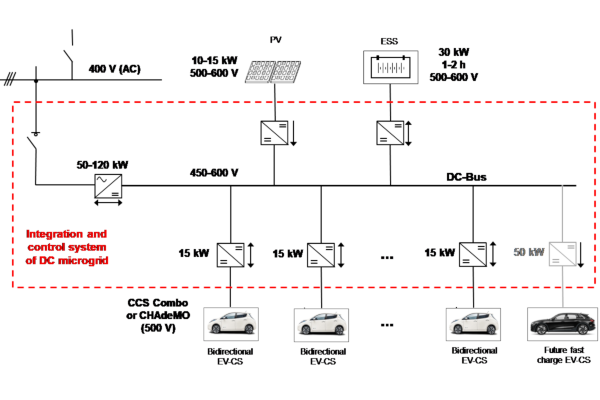
Use Case 4 - Intelligent DC microgrids embedding innovative modular power converters and providing grid services
This use case aims at demonstrating the effectiveness of energy management approaches enhancing the concept of DC microgrid with the objectives of proving specific local services to the grid and promoting new infrastructures supporting electromobility and modular fast charging enabling long-distance drive with EVs.


